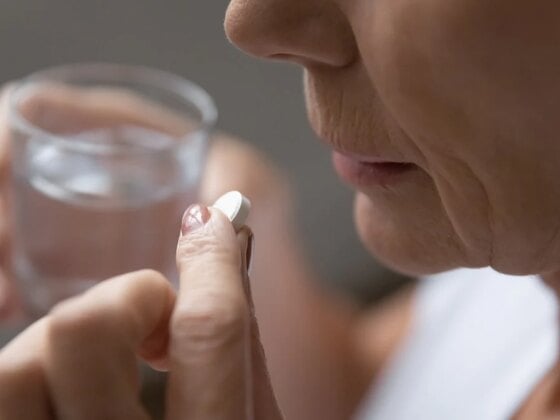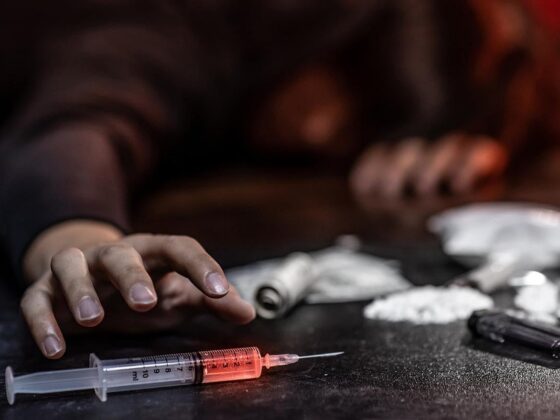November begins with an ending – the end of daylight saving time. Daylight saving time officially ends for most people in the U.S. on Sunday, November 6, at 2 am, when clocks are set one hour back. Yes, that is correct – for most people in the US. Two states, Hawaii and Arizona, don’t do daylight saving time. There’s another exception, the Navajo Nation in northeastern Arizona does observe daylight saving time so it can have a uniform time with parts of Navajo territory in Utah and New Mexico.
In 2022, the U.S. Senate unanimously passed the Sunshine Protection Act (Act) which would make daylight saving time permanent year-round, but it has not been approved by the House of Representatives. Not surprisingly, there is debate about the proposed change. Is permanent day light saving better than permanent standard time? Or is the status quo of current twice a year time change the preferred course? There is certainly no lack of opinions – whether based on personal preference, facts, misinformation, disinformation, or fake news.
Fake news has become a part of our lexicon, although it not something new or a new term. According to Merriam Webster the term fake news began to be used at the end of the 19th century. Newspaper tabloids, such as The National Enquirer and Star are generally recognized as non-credible new sources. Readers are drawn to these tabloid’s sensational headlines and celebrity gossip.
Not all fake news is created equal, it can be either misinformation or disinformation. Misinformation is false or inaccurate information that is created or disseminated without a deliberate intent to cause harm – but may still result in harm. Disinformation is deliberately misstated information that’s created and shared to deliberately cause some type of harm.
Most people want to use and share credible information whether it’s on the major issues facing the U.S. and the world or the less serious part of life like sports, food, and the weather. No one likes to be wrong! Separating fake information from credible information may take a bit of time and effort – but it is well worth it.
I hope you enjoy the following:
1. Real News
- Shopping for ACA health insurance? Here’s what’s new this year (NPR)
- CVS and Walgreens announce opioid settlements totaling $10 billion (NPR)
- New CDC opioid guidelines emphasize flexibility in treating pain (STAT News)
- Pregnancy Is Most Dangerous for the Very Young (HealthDay)
2. Reality Check
- Medicare Fines for High Hospital Readmissions Drop, but Nearly 2,300 Facilities Are Still Penalized (Kaiser Health News)
- Look Up Your Hospital: Is It Being Penalized By Medicare? (Kaiser Health News)
- Why do our brains believe lies? Correcting lies and misinformation is difficult because learning the truth doesn’t delete them from our memory (The Washington Post)
- Tools That Fight Disinformation Online (Rand)
3. In Real Life
- What Makes People Change Their Minds About Abortion? (The Cut)
- The Abortion I Didn’t Have. I never thought about ending my pregnancy. Instead, at 19, I erased the future I had imagined for myself. (The New York Times)
- For one rape survivor, new abortion bans bring back old, painful memories (NPR)
- Opinion As an adoptee, I know: Adoption is not a fairy-tale answer to abortion (The Washington Post)
- I love my son, but I wish having him had been my choice (CBC News)
4. Really?
- Does passing vodka through a Brita filter really improve its taste? The widespread TikTok hack claims that pouring cheap vodka through a Brita filter will transform it into top-shelf liquor. Science claims otherwise. (McGill Univ., Office for Science and Society)
- Polar Bears Are Gathering in Canada—and You Can Watch Them Live (Smithsonian Magazine)
- The Biggest Fails in License Plate History. While vintage plates have grown popular, these older iterations show where officials got it wrong (Smithsonian Magazine)
- Cats React to ‘Baby Talk’ From Their Owners, but Not Strangers. New research provides evidence cats see their person as “more than just a food provider” (Smithsonian Magazine)
Enjoy your weekend!
Best,
Suzanne
Suzanne Daniels, Ph.D.
AEPC President
P.O. Box 1416
Birmingham, MI 48012
Office: (248) 792-2187
Email: [email protected]



